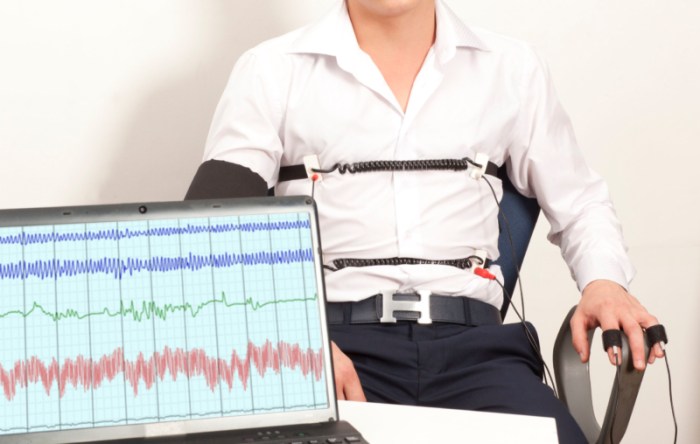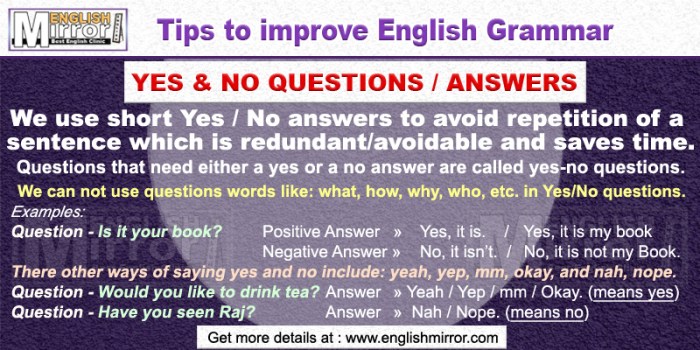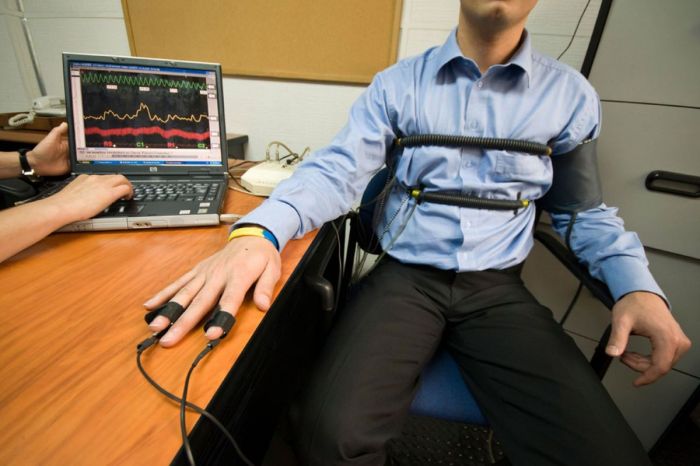Maryland polygraph statement yes or no – The Maryland Polygraph Statement: Yes or No? A Comprehensive Guide delves into the intricacies of polygraph examinations in Maryland, providing a thorough understanding of their purpose, legal framework, administration, interpretation, and ethical considerations. This guide unravels the complexities of polygraph testing, empowering readers with the knowledge to navigate its complexities.
Within the legal framework of Maryland, polygraph statements hold significant implications, influencing their admissibility in court proceedings. Understanding the factors that determine the admissibility of these statements is crucial for both legal professionals and individuals involved in polygraph examinations.
1. Maryland Polygraph Statement
General Information

A Maryland Polygraph Statement is a written document that contains the results of a polygraph examination administered in the state of Maryland. The purpose of a Maryland Polygraph Statement is to provide a record of the examinee’s responses to specific questions during the polygraph examination.
The legal framework surrounding Maryland Polygraph Statements is governed by the Maryland Polygraph Examiners Act (Md. Code Ann., Crim. Proc. § 10-101 et seq.).
This Act sets forth the requirements for polygraph examiners in Maryland, including the training and experience they must have, and the procedures they must follow when administering polygraph examinations.
Maryland Polygraph Statements may be used in a variety of situations, including:
- Pre-employment screening
- Internal investigations
- Criminal investigations
2. Contents of a Maryland Polygraph Statement: Maryland Polygraph Statement Yes Or No

A Maryland Polygraph Statement must contain the following elements:
- The name and address of the polygraph examiner
- The date and time of the polygraph examination
- The name and address of the examinee
- The questions that were asked to the examinee during the polygraph examination
- The examinee’s responses to the questions
- The polygraph examiner’s interpretation of the results of the polygraph examination
It is important that Maryland Polygraph Statements are accurate and complete. If a Maryland Polygraph Statement contains false or misleading information, it may be inadmissible in court.
Providing false or misleading information in a Maryland Polygraph Statement may also result in criminal charges.
3. Administration of a Maryland Polygraph Examination

A Maryland Polygraph Examination is typically administered by a licensed polygraph examiner. The examiner will first ask the examinee a series of questions to gather background information. The examiner will then attach sensors to the examinee’s body to measure their physiological responses to the questions that are asked during the polygraph examination.
The polygraph examiner will ask the examinee a series of questions that are designed to elicit truthful responses. The examiner will then compare the examinee’s physiological responses to these questions to their responses to a series of control questions.
The accuracy of a Maryland Polygraph Examination can be affected by a number of factors, including the skill of the polygraph examiner, the examinee’s emotional state, and the presence of any medical conditions.
4. Interpretation of Maryland Polygraph Results
The results of a Maryland Polygraph Examination are interpreted by the polygraph examiner. The examiner will typically use a scoring system to determine whether the examinee’s responses to the questions that were asked during the polygraph examination are consistent with truthful responses.
There are three possible outcomes of a Maryland Polygraph Examination:
- Truthful
- Deceptive
- Inconclusive
It is important to note that polygraph examinations are not 100% accurate. There is always the possibility that an examinee may be able to deceive the polygraph examiner.
5. Use of Maryland Polygraph Statements in Legal Proceedings
Maryland Polygraph Statements are not admissible in court as evidence of guilt or innocence. However, they may be used for impeachment purposes.
For example, if an examinee testifies at trial that they did not commit a crime, the prosecution may introduce a Maryland Polygraph Statement that shows that the examinee lied during the polygraph examination.
The courts will consider a number of factors when determining whether to admit a Maryland Polygraph Statement into evidence, including the reliability of the polygraph examination, the skill of the polygraph examiner, and the examinee’s emotional state at the time of the polygraph examination.
6. Ethical Considerations in Maryland Polygraph Statements
There are a number of ethical considerations that polygraph examiners must be aware of when using Maryland Polygraph Statements.
First, polygraph examiners must ensure that the examinee is fully informed of their rights before the polygraph examination is administered. This includes the right to refuse to take the polygraph examination, the right to have an attorney present during the polygraph examination, and the right to review the results of the polygraph examination.
Second, polygraph examiners must not use the results of a polygraph examination to make any decisions that could have a negative impact on the examinee’s life. For example, a polygraph examiner should not use the results of a polygraph examination to make a decision about whether to hire or fire an employee.
Third, polygraph examiners must be aware of the potential for false positives and false negatives in polygraph examinations. A false positive occurs when a polygraph examination indicates that an examinee is lying when they are actually telling the truth. A false negative occurs when a polygraph examination indicates that an examinee is telling the truth when they are actually lying.
Popular Questions
What is the purpose of a Maryland Polygraph Statement?
A Maryland Polygraph Statement serves as a written record of an individual’s responses during a polygraph examination, documenting their statements regarding specific questions.
What are the legal implications of providing false or misleading information in a Maryland Polygraph Statement?
Providing false or misleading information in a Maryland Polygraph Statement constitutes a criminal offense, potentially resulting in legal consequences.
How are the results of a Maryland Polygraph Examination interpreted?
Polygraph examiners analyze the physiological responses recorded during the examination to determine whether an individual’s responses indicate deception or truthfulness.